Why Pursue a Master’s in Special Ed?
According to the Bureau of Labor Statistics (BLS), the job market of special education is set to grow 8% by 2026, making it one of the fastest growing teaching positions in the US. Though as opportunities grow, so does the competition looking to capitalize on them.
The most lucrative and prestigious teaching positions are reserved for only the most qualified educators. Building the necessary expertise to claim these positions will require either a well-established work history in a representative school district or an advanced degree in education.
The field of advanced special education research continues to grow year after year, as the tangential sciences of neuroscience and psychology generate greater insights to aid in the educator’s task. With this in mind, there has never been a better time to earn a Master’s in Special Education–where you can build mastery over even the most advanced sciences in order to become a better teacher for your students.
A General Master’s V. Specialization
When deciding to pursue a Master’s in special education the next major consideration is whether a general curriculum best matches your career goals, or if you might be better served enrolling in a program with specialized areas of focus.
A general Master’s in Special Ed curriculum will likely work best for teachers who want to work in a variety of roles and school environments. On the other hand, a specialized Master’s in Special Ed will aid teachers in building the expertise needed to pursue specific teaching jobs, such as educators looking to work specifically with children who battle autism spectrum disorder (ASD).
School Ranking Methodology
Unfortunately not all degree programs are created equal. Faculty resumes, program graduation rates, and alumni career outcomes all contribute to the reputation of the program. And the reputation of a degree program weighs heavily on the perceived value of the degree upon entering the workforce.
While certainly a somewhat truncated process, it is still crucial to evaluate your degree program to ensure there is a return on investment. But don’t worry–we have done the leg for you and combed through hundreds of programs and filtered them down to the best of the best by way of the following methodology:
- Reputation
We determined the program’s reputation through an aggregate score consisting of other rankings and accolades.
- Number of Specializations
A graduate degree is often the highest degree one will earn in life, so it is crucial that the program offers the options for specialization that meets one’s long term career goals.
- Graduation Rate
A graduate degree is a huge investment of time, effort, and money. Whether students commit to a degree program until graduation is–at least partially–a good marker for the value and quality of the program.
25 Best Online Master’s in Special Education
- University of Florida

The University of Florida is a national leader in creating the next generation of educators. UF’s College of Education offers a number of education degrees housed in the School of Special Education, School Psychology, and Early Childhood. Among these degree offerings is a Master’s of Education in Special Education through the Teach Well program.
This program focuses on preparing educators to not only excel as special ed teachers, but to function as role models and advocates for their students. The Teach Well Special Ed program can be completed in just two years through taking two courses per semester (including Summer). The program can be completed entirely online so as to accommodate the busy schedules of working teachers.
Further distinguishing UF’s Teach Well program is the availability of specialization tracks. Students can choose any of the following areas of focus:
- Foundations of Literacy: Development and Dyslexia
- Dyslexia: Language and the Brain
- Dyslexia: Assessment for Intervention
- Dyslexia: Intervention Methods
- Dyslexia: Practicum in Assessment and Intervention
Click here to learn more.
- Indiana University – Bloomington

Indiana University – Bloomington is regularly recognized for employing the best teachers of the state. And who better to teach the next generation of educators? Bloomington is a hotspot for students pursuing a degree in education at any level–from certificates and licensure programs to undergraduate, graduate, and doctorate options.
Particularly of note is the M.S.ED. in Special Education which offers both a traditional-residential option and a fully online option. A primary mission of this program is to prepare educators to work with mild-to-high-incidence disabilities across various contexts of engagement. Students can also choose whether to earn a licensure in Exceptional Needs: Mild Intervention during their time in the program.
Given the exceptional reputation of Bloomington and its faculty, this program will prepare you to accomplish any of your career goals as a professional educator.
Click here to learn more.
- University of Washington

The University of Washington is one of those schools that can really elevate your teaching career to the next level. What makes UW stand apart from the rest is its stellar faculty and commitment to industry-relevant research. That is, most of UW’s education faculty are instructors by night and professionals by day. So students can take pride in knowing that they are learning materials which are really useful to professional success in the workforce.
Specifically UW offers a fully online Master’s of Education in Special Education: Applied Behavior Analysis. While preparing students to become top notch special ed teachers, the program simultaneously prepares students to become a board certified behavior analyst.
RELATED: The 20 Best ABA Online Masters Programs (Applied Behavioral Analysis Degrees)
This program is an unparalleled opportunity for any student who wishes to participate more directly in the diagnostic elements of special education. As a teacher with a behavior analyst certification, you will be able to take on a more active role in the lives of your students.
Click here to learn more.
- Purdue University

What is great about Purdue University’s special education program is that it fully commits to not only developing skills to teach children with special needs, but it also fully committed to the belief that special needs children have exceptional potential–a potential that can be unlocked when special education professionals do their job to the fullest.
With this in mind, Purdue has developed a Master’s of Special Education (MSEd) program that is meant to do just that–unlock the potential of children with special needs. In order to prepare educators for this responsibility, the program offers numerous concentration options. So that upon graduation students will be confident to work with a specific set of challenges that their students face.
The MSEd program can be completed entirely online, and the available areas of concentration are as follows:
- Non-Licensure (Master’s only)
- Initial Mild Only Licensure
- Initial Mild & Intense Licensure
- Additional Mild Only Licensure
- Additional Mild & Intense Licensure
- Additional Intense Only Licensure
Click here to learn more.
- George Washington University

GWU is located in the nation’s capital, Washington D.C., and as such is one of the most well-connected schools of higher education in the world. Education students at GWU will be plugged into the most prominent research institutions and will engage with communities that actively change local and national education policy.
As an educator there are very few options that will offer such a jumpstart to a prestigious career. GWU ensures this jumpstart by narrowing the program focus to only on what the faculty can teach at the highest level. Specifically, GWU offers a Master’s of Arts in Special Education for Culturally and Linguistically Diverse Learners.
If you are interested in a special education career that works to include students from all cultures and backgrounds, this program might be the ideal opportunity. Specializing in cultural and linguistic diversity opens up career opportunities in jobs such as the following:
- Compliance Coordinator
- Curriculum Development for Special Education
- Policy Research
- Diversity Coordinator
Click here to learn more.
- Michigan State University

MSU’s College of Education proudly boasts of more than 57,000 alumni, a group of industry leaders, innovators, and policymakers. The College of Education focuses on global and urban education, specifically in developing a philosophy of education that prioritizes evidenced-based practices and values innovation of any outdated methods.
With such a focus on the future of education, MSU is a great option for any student who desires to make positive change in the industry. Graduates of MSU will also have the background in research and the reputational clout that is required to make such change.
MSU’s College of Education offers a fully online Master of Arts in Special Education, with a number of specializations and graduate certification options such as the following:
- Specialization in Autism Spectrum Disorders (ASD)
- Specialization in Learning Disabilities (LD)
- Graduate Certificate in Applied Behavior Analysis
Click here to learn more.
- North Carolina State University at Raleigh

NCSU at Raleigh is a rare example of a state institution with longstanding traditions of excellence that has migrated its degree offerings to formats that grant accessibility to the greatest number of students. That is, NCSU Raleigh offers residential programs, fully-online programs, and hybrid programs that combine elements of both.
NCSU Raleigh’s College of Education offers a Master’s of Education in Special Education with all three program track options. Moreover students can choose whether they wish to enroll in the program fulltime in order to complete the program in just 1.5 years. Otherwise students can complete the program on a part-time schedule in order to accommodate more demanding personal responsibilities.
Click here to learn more.
- Holy Family University
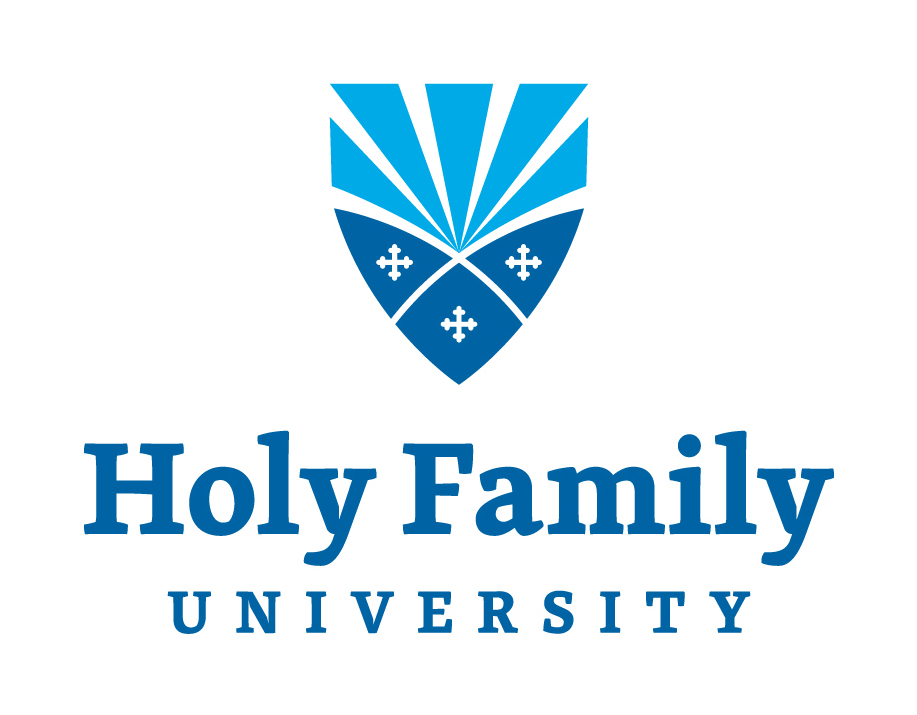
Many educators cite their faith as one of the primary drivers of their passion for working with children of special needs. With this in mind, HFU is a great option for prospective students interested in earning a graduate degree in education within the Catholic belief system. Founded in the 1950s HFU is a relatively young University that has had no trouble building national recognition for its ability to cultivate top-tier educators.
These educators are produced through a number of programs, but of most note in the context of this ranking is the Master’s of Education. Students can complete this program in two primary capacities–either by completing the master’s with an area of specialization, or if the student already holds a Master’s of Education they can choose to earn only the specialized certification.
Students in the program can choose any of the following specializations or certifications:
- Special Education
- Reading Specialist
- Education Administration (Pennsylvania Principal Certification)
- ESL Program Specialist
- Autism Endorsement
Click here to learn more.
- Bethel University
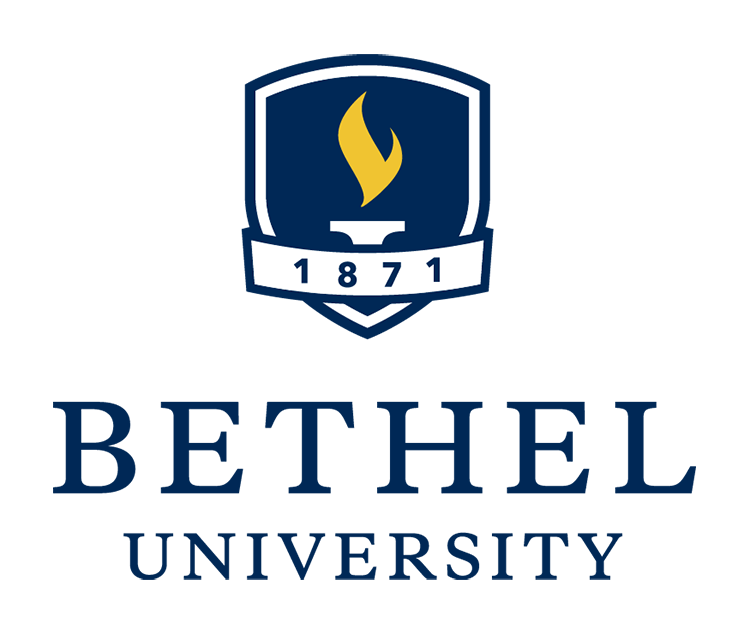
Founded in 1871, Bethel University is one of the premier faith-based institutions of higher education in the country, particularly in the case of earning a degree in education. Bethel University embodies an evangelical doctrine of Christianity, which sees the path of education as a calling to fulfill God’s mission. As one might imagine, this means that Bethel devotes tremendous resources to offering a top-notch education program.
Specifically Bethel offers a Master of Arts in Special Education. One distinguishing element of this program’s curriculum is its focus on compassion-based teaching philosophy. That is, Bethel clearly looks to cultivate a generation of educators who are both passionate and compassionate in life and the classroom alike.
Students of the program can pursue specialization in any of the following degrees:
- Learning Disabilities
- Emotional Behavioral Disorders
- Other Health Disabilities
- Developmental Cognitive Disabilities
- Autism Spectrum Disorders
Click here to learn more.
- Saint Joseph’s University

SJU is a Jesuit institution with a stellar record of academic excellence going back 160 years. Today SJU holds an alumni group of more than 66,000, consisting of many organizational leaders, innovators of technology, and nationally recognized educators. A defining element of SJU’s philosophy is its pride in community and commitment to collaborative networking–at SJU your fellow alumni are more than just a professional network; they are a family, which is an ideal that many universities strive for but fall short on.
SJU offers a fully online Master of Science in Special Education that delivers a curriculum based on the Response to Instruction and Intervention program (RtII). This program is a research-based initiative that has demonstrated measurable success in school systems across America.
Furthermore students can tailor their degree to match career goals by pursuing a specialization in any of the following areas:
- Applied Behavior Analysis
- Autism Spectrum Disorder Endorsement
- Social, Emotional, and Behavioral Wellness for PK-12 Endorsement
- Wilson Reading System Certification
- Special Education Certification
Click here to learn more.
- Ball State University
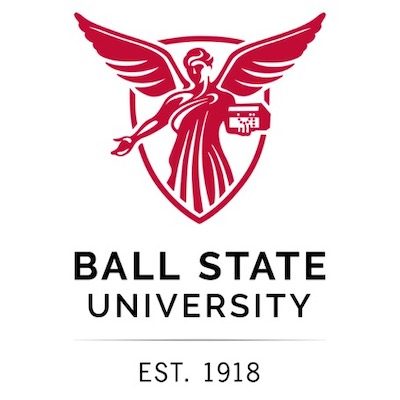
BSU is an exceptional institution that spearheaded the development of online degree offerings before many other comparable universities. What this means is that they have been able to finetune their online degree protocols and curriculums to ensure that students receive the best education possible.
Some distinguishing elements of BSU’s online degree programs include individually assigned online advisors to guide students in decision making, and a guarantee that the faculty in the classroom is the same faculty delivering online education. So students can rest assured that they are receiving the same education as their peers in the classroom.
BSU offers a fully online Master of Arts in Special Education with the following graduate certificate options:
- Applied Behavior Analysis
- Autism
- Disabilities for Postsecondary Settings with an Emphasis in Autism
- Emotional and Behavioral Disorders Certificate
- Multi-Tier System of Supports / Response to Intervention
Click here to learn more.
- George Mason University

Currently enrolling more than 37,000 students, GMU is Virginia’s largest public research institution and has been recognized as one of the top research universities in the nation for its contribution to various industries. This focus on research is continued even in its education programs where future teachers learn the most cutting-edge techniques for creating a productive and healthy classroom for those who need it most.
A distinguishing factor of GMU’s fully-online Master of Special Education program is that its curriculum is designed for educators to work with special needs children and adults alike. That is, graduates of this program will be able to work in special education programs for individuals of all ages.
In order to build expertise in a certain area of this career, the program offers two graduate degree certification paths in the form of an Autism Spectrum Disorders Certificate, and Applied Behavior Analysis Certificate.
Click here to learn more.
- University of Missouri
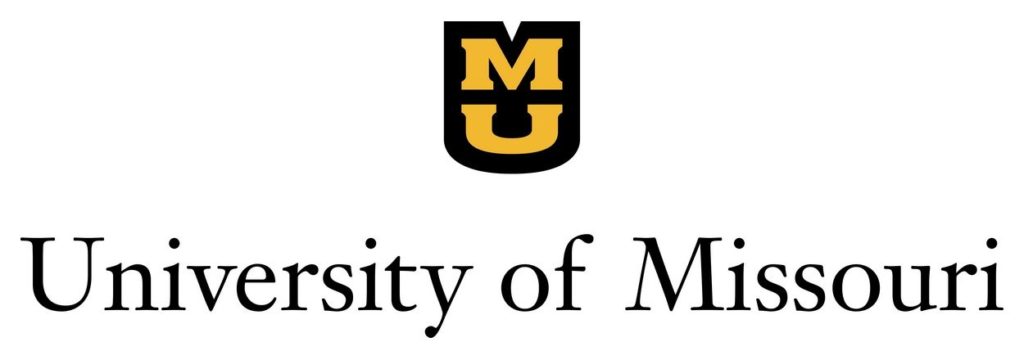
Mizzou Online offers more than 150 graduate, undergraduate, and certification programs to distance learners around the country, and around the world for that matter. Despite the size of its online education program, Mizzou guarantees that the same faculty who teach in the classroom will deliver the course online to distance learning students. This works to alleviate any worries online students might have about receiving a ‘lesser’ education than their on-campus peers.
Mizzou Online offers a Master of Arts in Special Education that consists of 33 credit hours and can be completed on a part-time or full-time schedule. This flexibility will be of particular value to any employed educator looking to earn this degree amidst a demanding work schedule. Similar degree options are as follows:
- Master of Education in Autism
- Master of Education in Early Childhood Education
- Master of Education in Gifted Education
If you are a first, second, or third year teacher in a school district partnered with MPER then you might qualify for a scholarship that pays a whopping 50% of the Master of Special Education program’s tuition.
Click here to learn more.
- The University of Alabama

The University of Alabama is one of the most well known institutions of higher education in the southeast United States. Known for its rich history and its zealous football community, it has also demonstrated its proficiency at generating some of the best teachers in the country–who are commonly recognized with various accolades in school districts around the nation.
In recent years, UAB dedicated resources to developing its online degree offerings which are now housed under the Bama By Distance program. Of these degrees is the Master of Arts in Special Education that can be completed entirely online. This program prepares educators for taking on classrooms in the k-12 range.
Students can choose which age group they wish to specialize in working with by choosing one of two graduate certification options–either a Collaborative K-6 Certificate, or a Collaborative K-12 Certificate.
Click here to learn more.
- University of Houston

The UH College of Education is a tier one research institution, known for its innovative work across numerous areas of research. An impressive example of this dedication to research is its “50 in 5” initiative, which aims to increase scholarly activity by 50% in five years–a figure that is all the more ambitious when you consider that UH is already one of the most productive research universities in the country.
Within the context of its education programs, UH is pushing forward a model for community engagement that will be of interest to any teacher who enjoys connecting with local communities. The Advancing Community Engagement and Service Institute looks for opportunities to put research to work in local communities, which often allows education students to work in local schools or other teaching capacities to develop expertise that they might not find otherwise.
Students can earn a Master of Education in Special Populations entirely through UH’s online classroom technology, and may choose from any of the following concentration options, though some have at least partial on-campus requirements:
- Special Education Emphasis (Online)
- Special Education Certification Emphasis (Hybrid)
- Educational Diagnostician Certification Emphasis (Hybrid)
- Gifted and Talented Emphasis (Online)
- Special Education Leadership Emphasis (Hybrid)
Click here to learn more.
- University of North Dakota

Few institutions can claim a more rich history in distance education than UND, which began its first distance education program back in 1911 by offering coursework through mail correspondence. Today though, UND has taken online education to the next level by offering a combination of flexible coursework and real time online classroom events that allows students to interact with the instructor as if they were in a traditional classroom.
UND offers an impressive Master’s of Special Education that distinguishes itself in the available degree paths on offer. That is, students may choose to build specialization in any of the following nine areas:
- Applied Behavior Analysis (ABA)
- Autism Spectrum Disorder (ASD) / Also offered as a certificate
- Early Childhood Special Education (ECSE)
- General Special Education (GSE)
- Emotional Behavioral Disorders (EBD)
- Intellectual Disabilities (ID)
- Learning Disabilities (LD)
- Special Education Strategist (SES)
- Visual Impairment (VI) (This is the only online VI program in the country)
Click here to learn more.
- Slippery Rock University of Pennsylvania
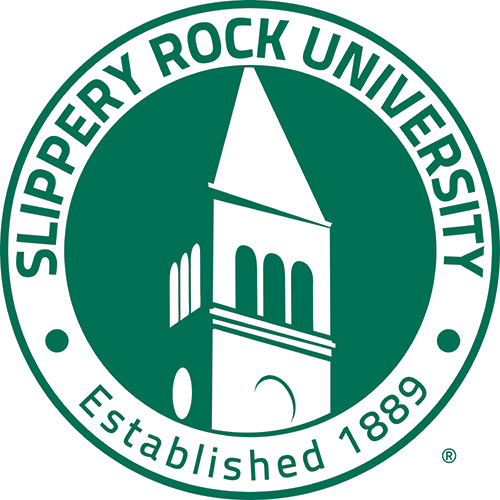
SRU began as a “normal school” or teacher’s college in 1889, and has committed itself to cultivating some of our schools’ best teachers. In recent years SRU has redoubled its efforts to deliver an education curriculum to prospective teachers by developing a robust online degree program.
SRU offers both a Master of Education in Special Education and a Doctorate of Education in Special Education, making it an excellent option for any students who would benefit from a seamless transition into postgraduate study. Within the Master’s program students have a number of options to develop specialization in any of the following areas:
- Master of Education – Special Education (Birth to Grade 8)
- Master of Education – Special Education (Grades 7 to 12)
- Master of Education – Special Education Supervisor
- Master of Education – Special Education (Autism)
- Autism Endorsement
Click here to learn more.
- Georgia College and State University

GCSU began as a women’s educational center in 1889 and has striven to build independent and driven professionals ever since. Today, GCSU distinguishes itself through an impressive commitment to community engagement and self-actualization. That is, GCSU faculty work hard to help students realize their potential and how to reach that potential.
GCSU offers a variety of online degree programs based on career-focused objectives. Among these is both a Master of Arts in Teaching in Special Education, and a Master of Education in Special Education, though only the former is completed entirely online.
Click here to learn more.
- Webster University

Webster University might just be the most unique institution on this ranking. Webster is a global, private, non-profit university that clearly values diversity and inclusivity, as it hosts students from more than 100 students outside of the United States. Webster attracts such a diverse student body due to its focus on delivering curriculums within a global context, that is, it tends to avoid falling into the educational trappings of a university bound by cultural myopia.
For any student looking to learn more about education and teaching philosophy within a global context that incorporates many different cultural virtues, this might be the ideal place to earn a graduate degree. Students can earn a Master of Arts in Special Education, or a Master of Arts in Teaching with an Emphasis in Special Education.
Beyond these two primary degree paths, students can choose to specialize in any of the following areas:
- Applied Behavior Analysis
- Dyslexia
- Mild/Moderate Disabilities
- Positive Behavioral Interventions & Supports (PBIS)
- Severe Developmental Disabilities
- Trauma-Informed Education and Intervention
Click here to learn more.
- Texas Tech University

TTU provides a high level of choice and flexibility to its distance learning students by offering online programs for individuals K-12, for those interested in bachelor’s and master’s programs, and for lifelong learners looking to build a new skill set or earn a professional certification.
Of particular note is the fully online Master of Education in Special Education, which is offered through the TTU College of Education. This graduate program empowers its students to pursue the exact area study that best matches career goals and personal interests by offering a . As such, students can choose from any of the following specializations:
- Autism
- Applied Behavior Analysis
- Deafblindness
- Deaf/Hard of Hearing
- Educational Diagnostician
- Generic Special Education
- Orientation and Mobility
- Visual Impairment
Click here to learn more.
